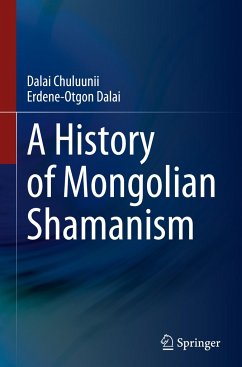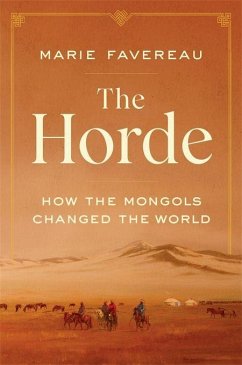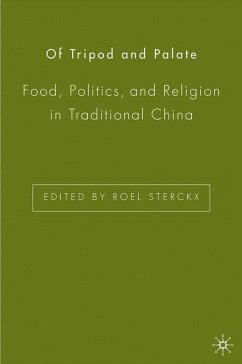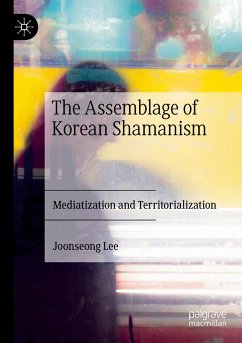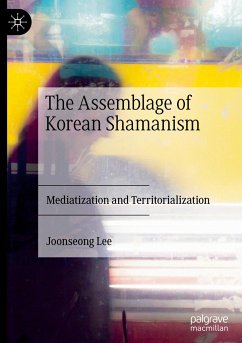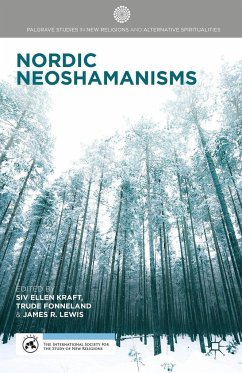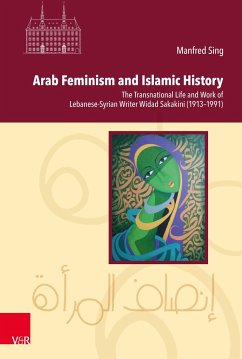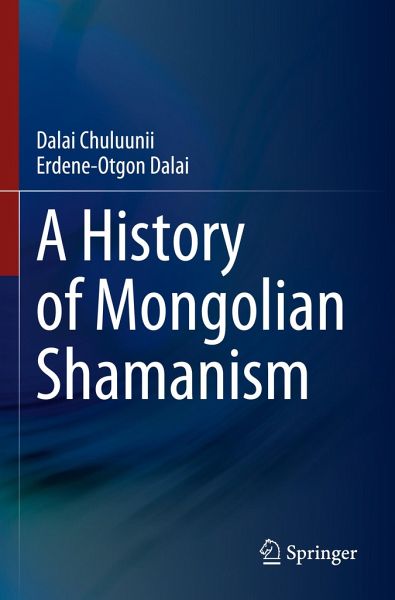
A History of Mongolian Shamanism
Versandkostenfrei!
Versandfertig in 6-10 Tagen
83,99 €
inkl. MwSt.
Weitere Ausgaben:

PAYBACK Punkte
42 °P sammeln!
This book discusses the evolution of Mongolian shamanism from the distant past to the collapse of great empires such as the Yuan Dynasty in the fourteenth century, drawing on archeological findings and historical resources like the Mongolian Secret History. Further, it introduces readers to the cultural and ideological differences between Mongolian shamanists, who believe in the Eternal Blue Sky, and modern Mongols, who follow Buddhist teachings. In closing, the authors put forward the idea that Mongolian shamanism could have helped build great empires, emphasizing, e.g., shamanism's influence...
This book discusses the evolution of Mongolian shamanism from the distant past to the collapse of great empires such as the Yuan Dynasty in the fourteenth century, drawing on archeological findings and historical resources like the Mongolian Secret History. Further, it introduces readers to the cultural and ideological differences between Mongolian shamanists, who believe in the Eternal Blue Sky, and modern Mongols, who follow Buddhist teachings. In closing, the authors put forward the idea that Mongolian shamanism could have helped build great empires, emphasizing, e.g., shamanism's influence on Mongolian culture and literature in the Middle Ages.





